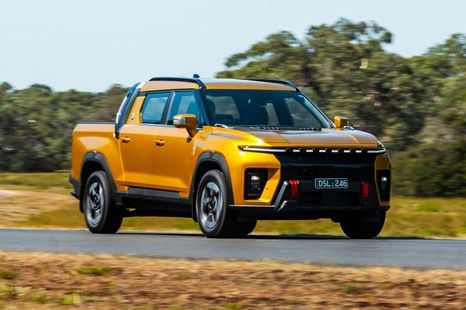

Ben Zachariah
2026 KGM Musso EV review
6 Hours Ago

Contributor
Toyota Motor Europe has pledged to be ready to sell exclusively zero-emission vehicles (ZEVs) in Europe by 2035.
The Japanese automaker has also set a mid-term goal to have ZEVs make up at least 50 per sales of its sales in Western Europe by 2030.
In order to make these goals achievable, the company is hoping it’ll have enough electric car chargers and hydrogen refuelling stations set up and operational by the deadlines.
The company will also begin production of hydrogen fuel-cell modules in Belgium in 2022.
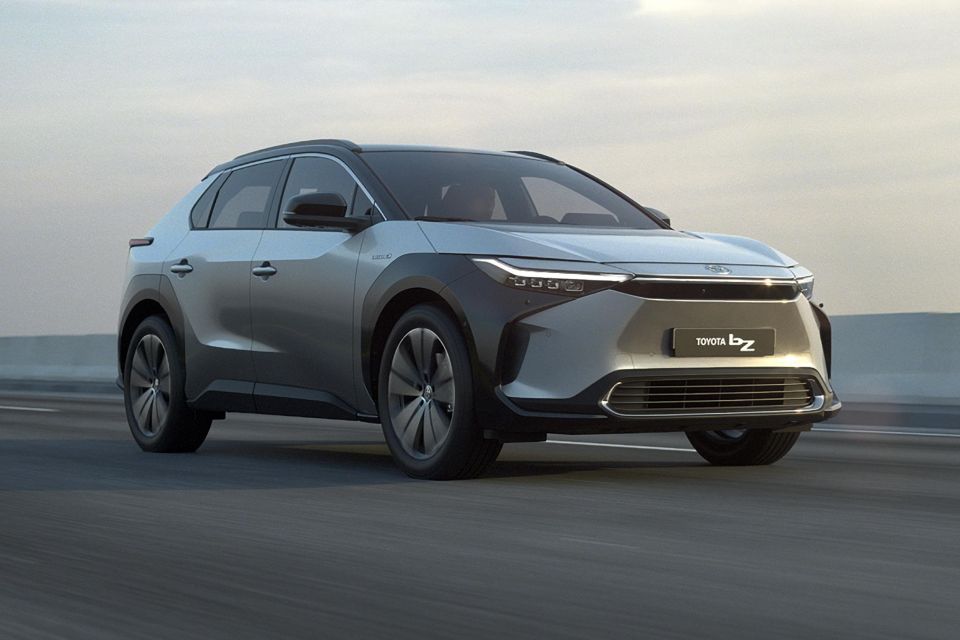
Its first ZEV that’ll help drive down emissions is the Toyota bZ4x, set to be launched across Europe in 2022.
It’s due in Australia before the end of 2022.
The bZ4x will be the first of seven battery-electric vehicles (BEVs) in the bZ family to be built on the new all-electric eTNGA architecture.
As a whole, Toyota Motor Europe expects to deliver 1.07 million vehicles in 2021 and sell around 1.3 million vehicles in 2022.
The company expects the sales increase on the backs of not only the bZ4x, but also the European-only Aygo X plus the new GR86 and Corolla Cross.
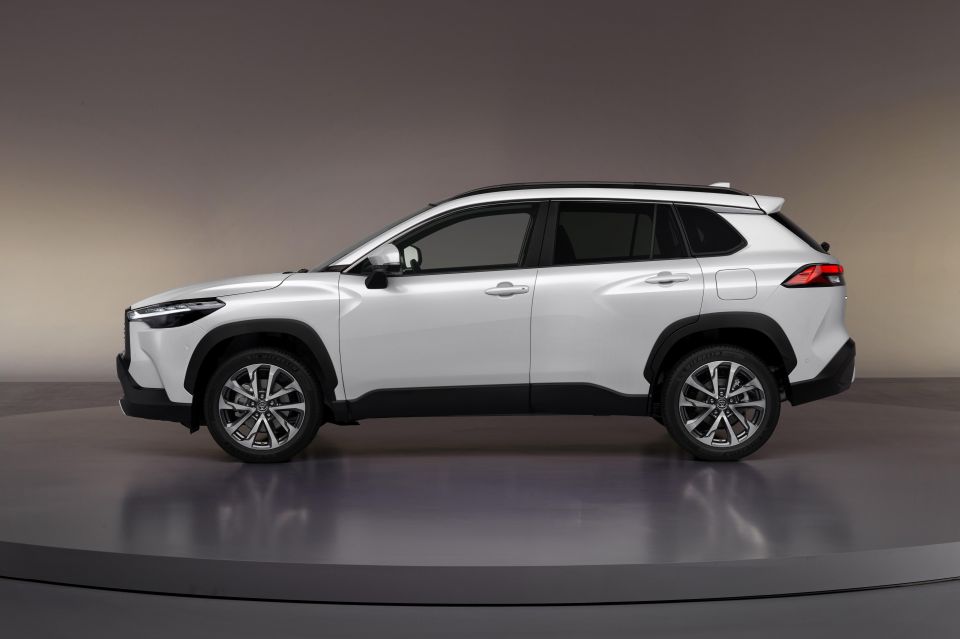
Toyota has previously announced it’ll spend A$18.7 billion on battery development for its electric vehicles by 2030.
The investment comes with the goal of halving the battery cost per vehicle application by the end of the decade and making BEVs more affordable for customers.
According to the company, commercial production of its bi-polar nick-metal hydride (NiMh) hybrid battery has started with the aim of using fewer precious minerals.
It also aims to lower the cost of production, while doubling the output density of a regular NiMh battery.
MORE: Toyota spending $18 billion on electric car battery R&D by 2030
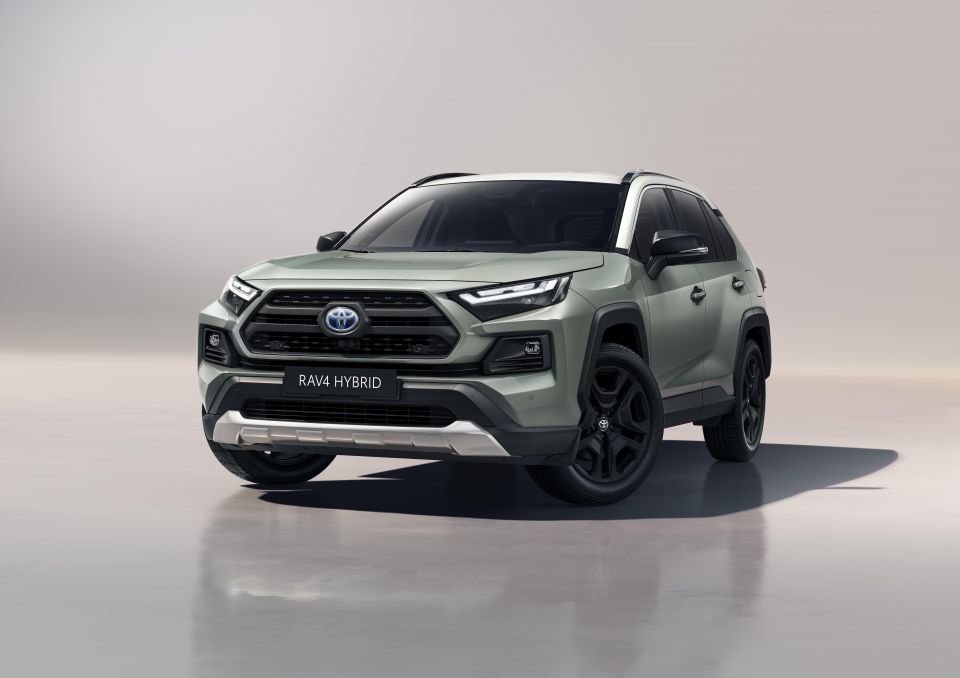
Solid-state battery technology also forms a part of this battery R&D project with vice-president of Toyota Motor Europe R&D Gerald Killman indicating that, following prototype testing in 2020, solid-state batteries will likely be first introduced in its hybrid vehicles before a wider roll-out.
This path to 100 per cent carbon reduction aligns Toyota Motor Europe with the European Union’s proposal to essentially ban the sale of new cars with petrol, diesel and hybrid drivetrains from 2035.
This climate plan was proposed in July 2021 and hasn’t been finalised as of yet, with France campaigning for plug-in hybrids (PHEVs) to be available for longer and Italy attempting to shield its supercars from the proposed ban.
Before it becomes law in the European Union it needs to be approved by all 27 member states and also be passed by the European parliament.
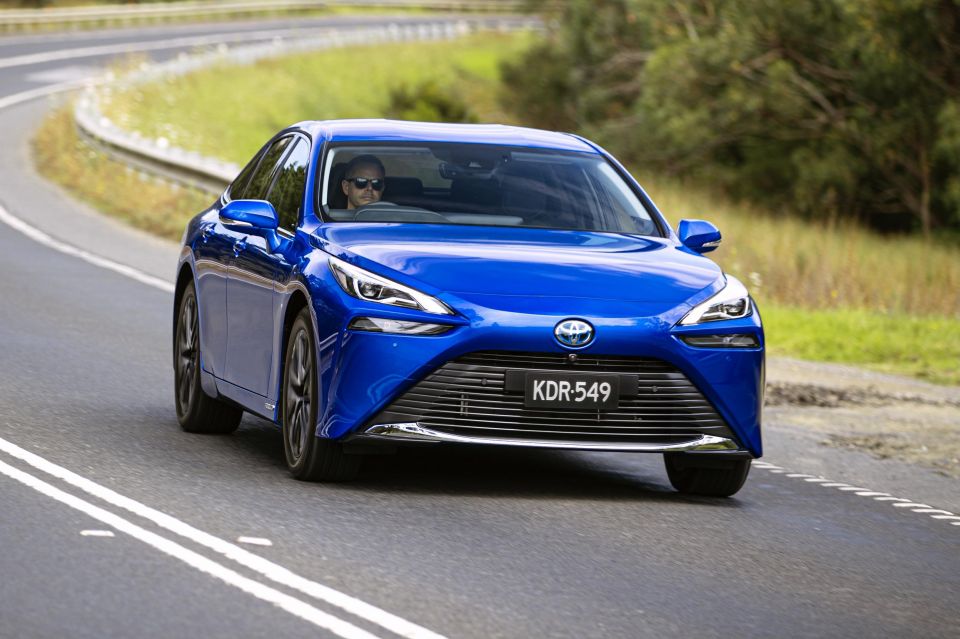
Toyota’s Australian division on the other hand hasn’t made any commitment to any target of carbon neutrality.
Toyota has been slower than some rivals in introducing electric vehicles (EVs), but has been rolling out more and more hybrid models, as well as plug-in hybrids in some markets.
The company has also invested heavily in hydrogen fuel-cell electric vehicles, releasing a second-generation Mirai.
Its current ‘electrified’ local lineup consists of the Yaris, Yaris Cross, Corolla, Camry, Prius, C-HR, RAV4, and Kluger, as well as the fleet-only, hydrogen FCEV Mirai.
MORE: Europe plans to ban petrol, diesel and hybrid new cars from 2035
Go deeper on the cars in our Showroom, compare your options, or see what a great deal looks like with help from our New Car Specialists.
Jack Quick is an automotive journalist based in Melbourne. Jack studied journalism and photography at Deakin University in Burwood, and previously represented the university in dance nationally. In his spare time, he loves to pump Charli XCX and play a bit of Grand Theft Auto. He’s also the proud owner of a blue, manual 2020 Suzuki Jimny.


Ben Zachariah
6 Hours Ago


James Wong
6 Hours Ago
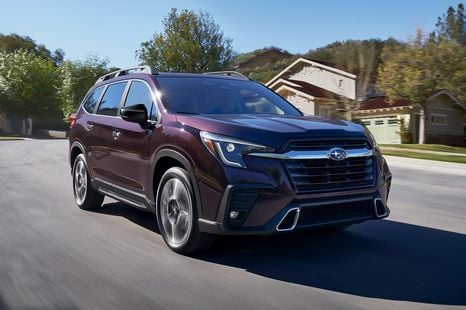

James Wong
6 Hours Ago
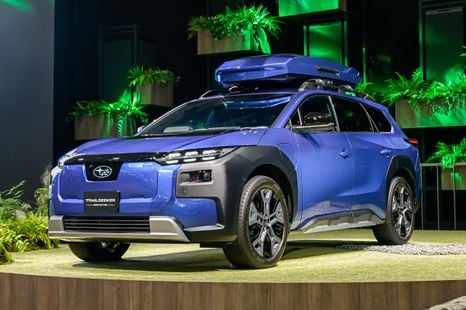

James Wong
6 Hours Ago
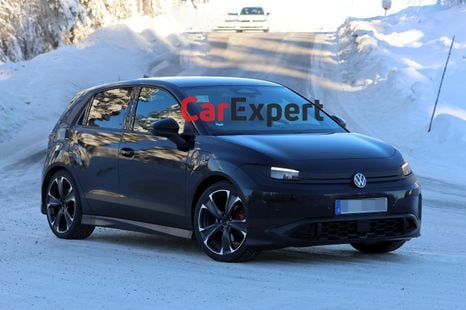

Damion Smy
13 Hours Ago
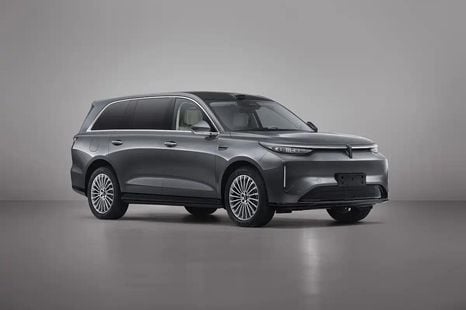

William Stopford
14 Hours Ago
Add CarExpert as a Preferred Source on Google so your search results prioritise writing by actual experts, not AI.